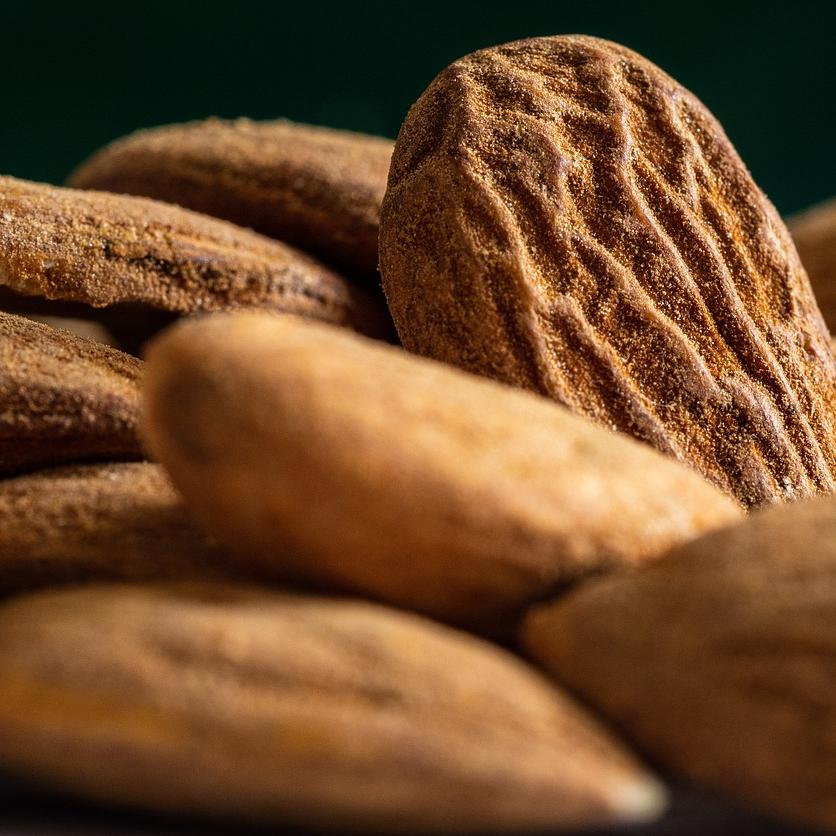Foods That Help You Sleep Better: What to Eat Before Bed
Getting a good night's sleep can often feel like a luxury. While many factors contribute to restful slumber—stress levels, environment, and exercise, for instance—our diet also plays a significant role. Consuming the right foods before bedtime can actually promote better sleep. Let's dive into the foods that can help you drift off to dreamland more comfortably.
The Science Behind Sleep and Diet
Before we explore specific foods, it's helpful to understand the science of sleep. Sleep is regulated by several hormones and neurotransmitters, including melatonin and serotonin, which help set our body's internal clock and promote sleep. Certain nutrients and foods can boost the production of these crucial compounds, making it easier for us to fall asleep and stay asleep.
Top Foods for Better Sleep
1. Almonds
Almonds are an excellent source of magnesium, a mineral that's shown to improve sleep quality, especially for those experiencing insomnia. Magnesium helps reduce inflammation, lowers stress hormones, and relaxes muscles, creating a conducive environment for restful sleep.
2. Turkey
There's a reason people often feel sleepy after a Thanksgiving meal. Turkey is rich in tryptophan, an amino acid that increases the production of melatonin and serotonin. Pairing turkey with a small amount of carbohydrates can aid its effects, turning it into a sort of natural sedative.
3. Chamomile Tea
Chamomile tea is well-known for its calming properties. It contains apigenin, an antioxidant that binds to certain receptors in your brain that may promote sleepiness and reduce insomnia. A warm cup of chamomile tea before bed can be a soothing ritual.
4. Kiwi
Kiwis are not only delicious but also loaded with vitamins C and E and antioxidants, which might improve overall sleep quality. Some studies suggest that consuming kiwi an hour before bed can help you fall asleep faster and stay asleep longer.
5. Tart Cherries
Tart cherries and tart cherry juice are among the few natural sources of melatonin. Drinking tart cherry juice or enjoying the fruit itself can boost melatonin levels in the body, improve sleep efficiency, and increase total sleep time.
6. Oatmeal
While oats are typically consumed for breakfast, they also make a great bedtime snack. Oats are a natural source of melatonin and are rich in complex carbohydrates, which can help bring tryptophan into the brain to produce more serotonin and melatonin.
7. Fatty Fish
Fatty fish like salmon, tuna, and mackerel are rich in omega-3 fatty acids and vitamin D—components that have been shown to promote the production of serotonin. Regular consumption of these fish can lead to better sleep quality and more restful nights.
8. Bananas
Bananas are high in potassium and magnesium, both minerals that aid muscle relaxation. They also contain tryptophan, offering a one-two punch for enhancing sleep quality and reducing sleep disturbances.
Tips for a Sleep-Friendly Diet
Incorporating these foods into your diet could be a game changer for your sleep. However, balance and timing are crucial. Here are some tips for optimizing your sleep-focused diet:
- Avoid Heavy Meals: Large, heavy meals can cause discomfort and disrupt sleep. Try to finish eating large meals at least 3 hours before bed.
- Limit Sugar and Caffeine: Both ingredients can interfere with your ability to fall asleep and stay asleep. Aim to minimize consumption, especially in the hours leading up to bedtime.
- Stay Hydrated: While drinking too much fluid can cause sleep interruptions, moderate hydration is essential. Aim for a balance to avoid overnight bathroom trips.
Experimenting with these sleep-inducing foods could help you reduce sleepless nights and enjoy more restful slumber. Remember that lifestyle changes often yield the best results, so combine dietary adjustments with other sleep hygiene practices to maximize your benefits. Sweet dreams!






















